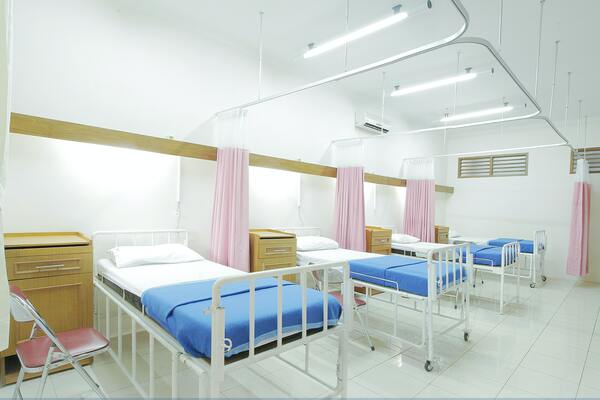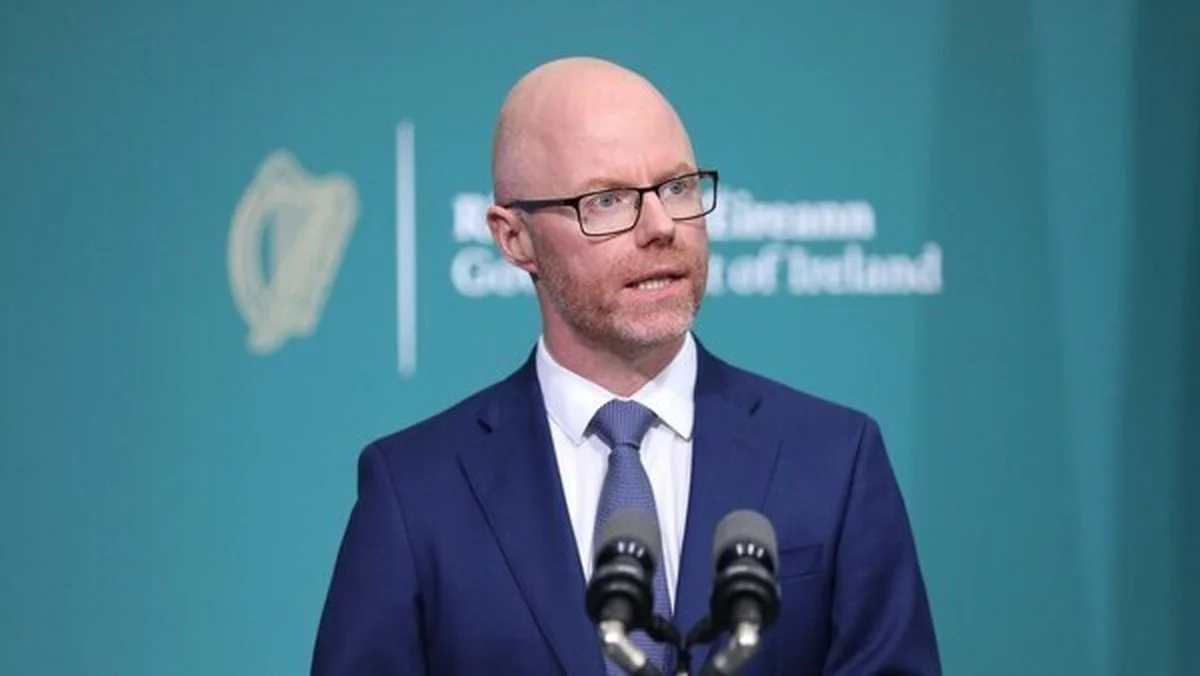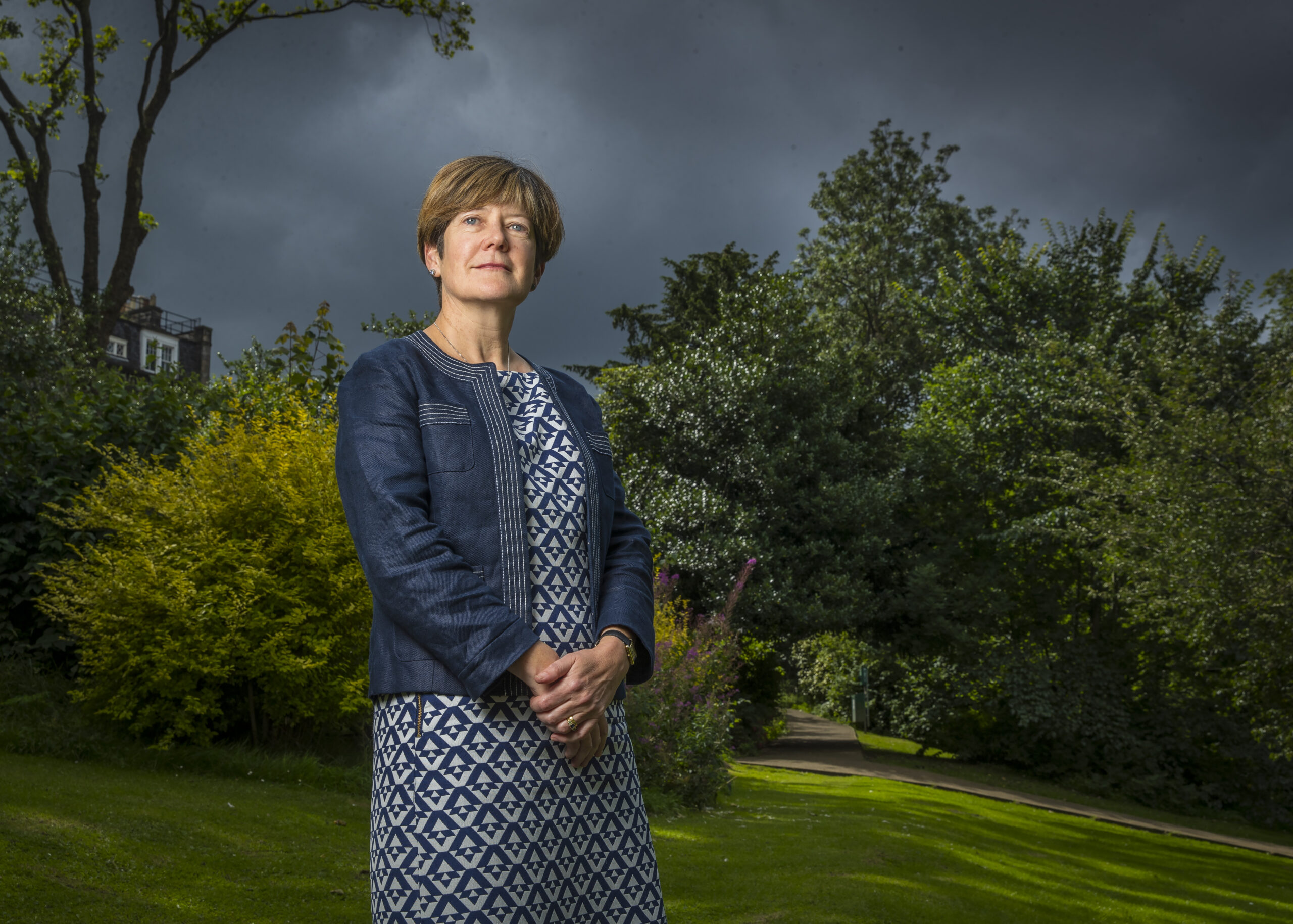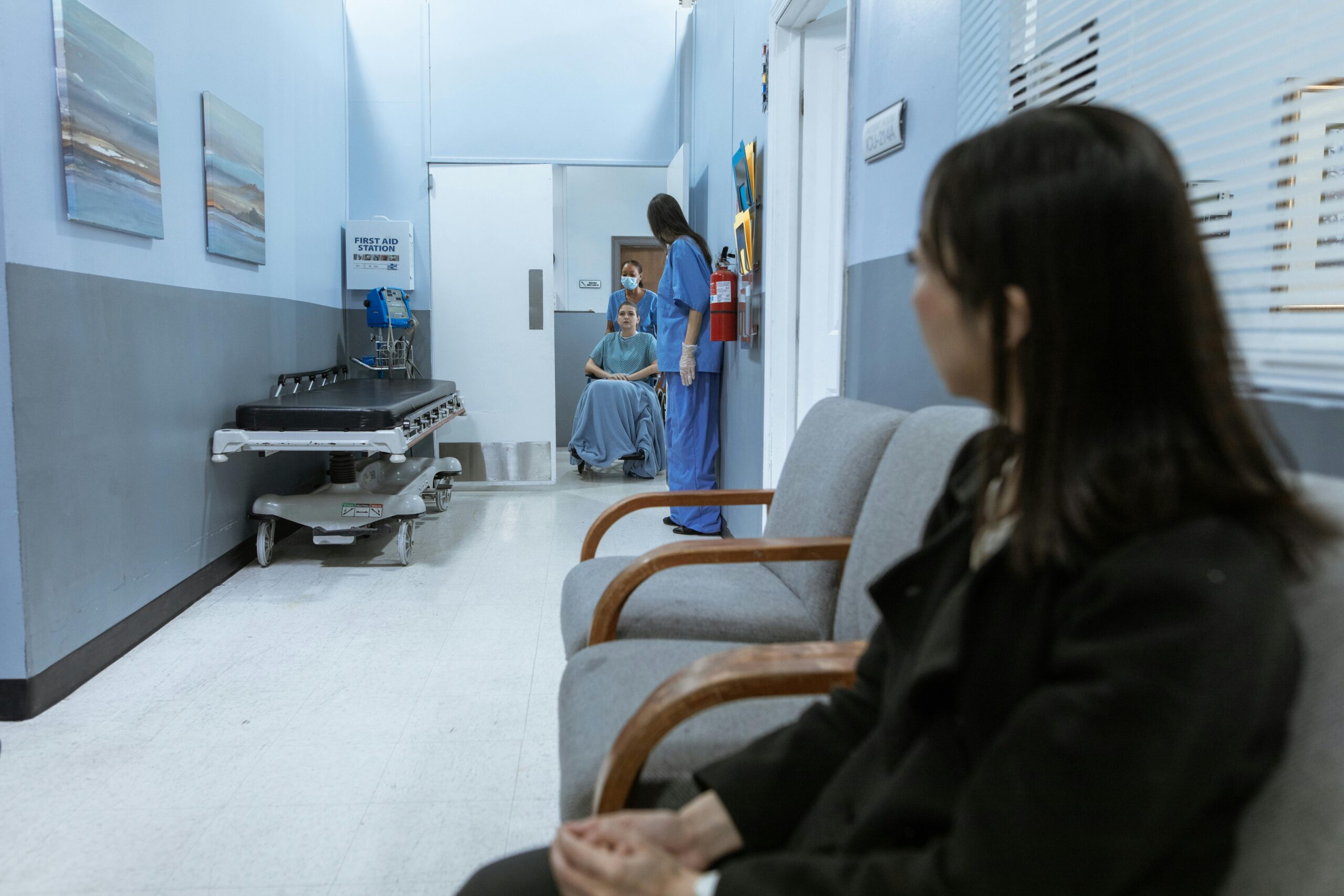Leading Economist Says Health Service Supply-Demand Issues Have Created a ‘Rationing of Care’

A leading Economist and Lecturer at Cork University Business School has said the Irish health service is effectively having to carry out a \’rationing of care\’ through long waiting lists and wait times for care, as a result of serious capacity and resourcing deficits.
Speaking in a new video as part of the Irish Hospital Consultants Association’s (IHCA) Care Can’t Wait campaign, Dr Brian Turner echoed comments made by IHCA President, Prof Robert Landers, at the Association’s recent Annual Conference that demand has now outstripped supply and is impacting on the health service’s ability to deliver care.
Consultant Recruitment Crisis
A near record 907,700 people are currently on some form of waiting list, with almost a quarter of these patients (207,600 or 23%) waiting more than a year for assessment or treatment. Dr Turner believes this shows the direct impact of capacity deficits on the ground in the country’s acute public hospitals.
Meanwhile, the IHCA says that over 900 permanent hospital Consultant posts are not filled as needed as decades of underinvestment, staff and bed shortages, and unsustainable working conditions are driving our highly trained medical specialists abroad. Approximately 1,400 specialists have voluntarily withdrawn their registration from the Medical Council’s Specialist Division since the pay inequity was imposed by Government on Consultants appointed since October 2012.
Dr Turner suggests a holistic approach is needed when looking at improving the health service for patients, with a clear need to increase bed capacity and Consultant numbers in order to ensure timely access to care, saying, “we have much lower specialist doctor numbers than the OECD average, so that’s going to be a crucial area to build up again. In a situation where you have higher demand than supply, you have rationing – and that’s what we’re seeing in the Irish health system, rationing via waiting lists and wait times.”
Dr Turner also believes the Government may need to review the Sláintecare plan to change projections in light of a faster than expected rise in population and fresh data from the ESRI, which suggests up to a 64% increase in Consultant numbers may be needed by 2035.
Bed Capacity Pressures
Ireland has long suffered from an insufficient provision of public hospital beds, with bed capacity 40% below the EU average and one third the number in some European countries. Figures from the HSE show that there are still 250 inpatient beds to be opened as part of the additional 1,146 hospital beds which were funded and committed to two years ago in Budget 2021. These beds are practically a year overdue, and additional acute capacity is also needed year after year.
Despite Minister for Health Stephen Donnelly suggesting that the 2018 Capacity Review recommended that an additional 160 public hospital beds per year will be sufficient to meet future demand, the IHCA says this will nowhere near address even current needs. The Association says this figure is based on flawed thinking made before the Covid pandemic confirmed emphatically that such an increase in bed numbers was too little, too late.
Staying the Course
The Government must focus on improving the health service and be aware of the distractions on the path to reform, according to Dr Turner, who said, “it would be very easy for Government to get distracted. We’ve seen the pandemic, we’ve seen a cost-of-living crisis, the war in Ukraine and the ongoing impacts of Brexit, these are all competing demands for the Government’s attention. We need to make sure that the Government keeps on track and keeps moving down the road.”
However, as the Minister for Health recently admitted, the Government and HSE are significantly off meeting their waiting lists targets for 2022, including a 138,000 deficit behind its projected reduction for outpatients by year end. This means almost 46,000 people on this waiting list would need to be assessed and treated each month until the end of 2022 if this target is to be achieved.
Planned improvements and initiatives under Budget 2023 and the HSE Winter Plan 2022-23 are therefore likely to face greater hurdles, with no quick fixes without addressing the Consultant recruitment and retention crisis.
Dr Turner described the challenge of increasing capacity in the health system and addressing these waiting lists as ‘trying to climb Skellig Michael’, stating, “if we get to where we want to go it’s going to be fantastic, but it’s going to be a very challenging climb and if we stray off the path we could be in serious trouble.”
Source: IHCA
You might also like
For relevant updates on Emergency Services news and events, subscribe to EmergencyServices.ie









